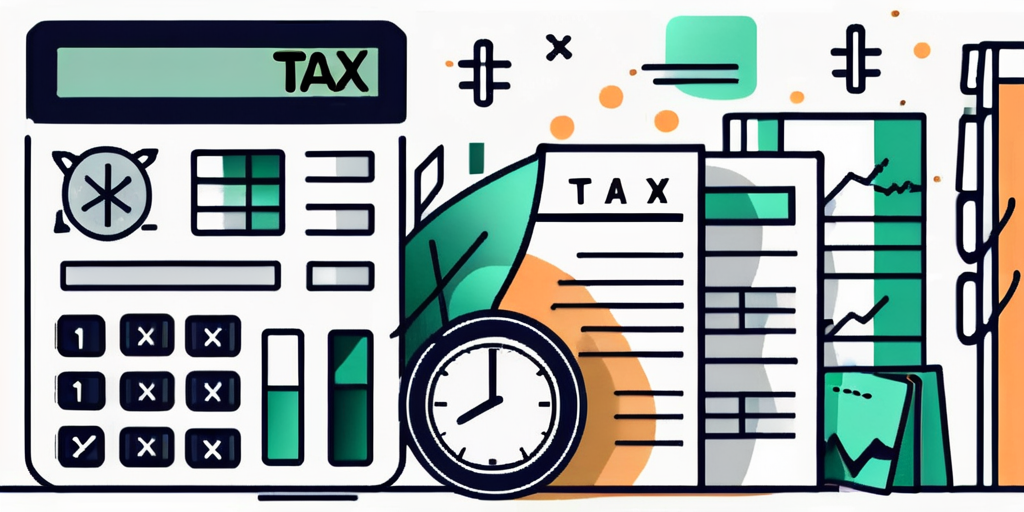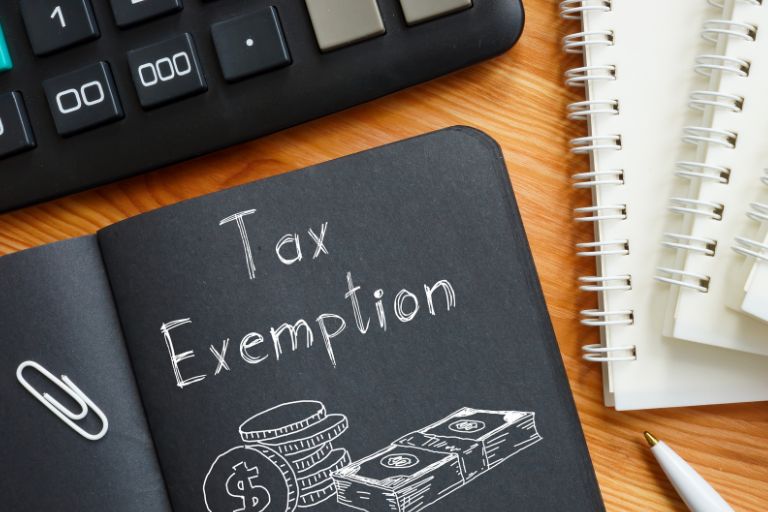Welcome, dear reader, to the thrilling world of tax exemption! Yes, you heard it right, thrilling! Because who doesn’t love a good tax break? Especially when it comes to business taxes. So, buckle up, grab a cup of coffee (or a stiff drink, we won’t judge), and let’s dive into the labyrinth of tax exemption in business tax services.
Now, before we start, let’s clear one thing up. We’re not tax advisors, and we’re certainly not the taxman. We’re just here to help you understand the basics. So, don’t take our word as gospel. Always consult with a professional before making any major tax decisions. Now, with that out of the way, let’s get started!
What is Tax Exemption?
Well, in the simplest terms, tax exemption is like a ‘get out of jail free’ card, but for taxes. It’s a part of the tax code that allows certain income, property or transactions to be free from tax. Sounds great, right? But hold your horses, it’s not as simple as it sounds. There are rules, regulations, and a whole lot of paperwork involved. But don’t worry, we’re here to help you navigate through it all.

Now, tax exemptions can come in many shapes and sizes. Some are available to all taxpayers, while others are only for specific groups, like non-profit organizations or veterans. But for now, we’ll focus on the ones that are relevant to businesses.
Types of Tax Exemptions for Businesses
When it comes to businesses, there are a few types of tax exemptions that you should be aware of. First, there’s the income tax exemption. This is where a business doesn’t have to pay tax on certain types of income. For example, if a business makes money from selling a product, but also makes money from a government grant, the grant income might be tax-exempt.
Then, there’s the property tax exemption. This is where a business doesn’t have to pay tax on certain types of property. For example, if a business owns a building that’s used for charitable purposes, that building might be tax-exempt.
How to Qualify for a Tax Exemption
Qualifying for a tax exemption is like trying to win a game of Monopoly. It’s all about strategy, luck, and knowing the rules. And just like in Monopoly, the rules can be a bit complicated. But don’t worry, we’re here to break it down for you.
First, you need to understand that not all businesses qualify for tax exemptions. In fact, most don’t. But there are some exceptions. For example, non-profit organizations, religious institutions, and educational institutions often qualify for tax exemptions. But even then, they have to meet certain criteria and follow specific rules.
Business Tax Services
Now, let’s talk about business tax services. These are the brave souls who venture into the wild world of tax codes, regulations, and paperwork on behalf of businesses. They’re like the Indiana Jones of the tax world, always ready to tackle the next challenge.
Business tax services can help businesses with a variety of tasks, from filing tax returns to planning for future tax liabilities. They can also help businesses understand and apply for tax exemptions. But remember, not all business tax services are created equal. Some are more experienced and knowledgeable than others. So, choose wisely!
Types of Business Tax Services
Business tax services come in many shapes and sizes. Some are large firms with hundreds of employees, while others are small one-man operations. Some specialize in certain areas, like international tax law or non-profit tax law, while others offer a wide range of services.
Regardless of their size or specialty, all business tax services have one thing in common: they’re here to help businesses navigate the complex world of taxes. So, whether you need help filing your tax return, planning for future tax liabilities, or understanding tax exemptions, a business tax service can be a valuable ally.
Choosing a Business Tax Service
Choosing a business tax service is like choosing a partner for a three-legged race. You want someone who’s reliable, knowledgeable, and can keep up with your pace. But how do you find the right one? Well, it’s all about doing your homework.
First, look for a service that specializes in your industry or type of business. They’ll be more familiar with the specific tax issues and exemptions that apply to you. Second, check their credentials. Are they certified public accountants? Do they have a good reputation in the industry? Finally, ask about their fees. Some services charge by the hour, while others charge a flat fee. Make sure you understand what you’re getting for your money.
Conclusion
Well, dear reader, we’ve come to the end of our journey through the wild world of tax exemption and business tax services. We hope you’ve found it enlightening, or at least mildly entertaining. Remember, taxes might be complicated, but they don’t have to be scary. With the right knowledge and the right help, you can navigate the tax labyrinth like a pro.
So, go forth, brave business owner, and conquer the tax world! And remember, when in doubt, always consult with a professional. Because the only thing worse than paying taxes is paying penalties for not paying your taxes correctly. Now, that’s a real horror story!


